Buying in bulk sounds like the holy grail of smart shopping: save money, stock up, and feel wildly responsible. But not everything at Costco or Sam’s Club is actually worth the haul—or the price tag. In fact, some bulk buys end up wasting more money than they save, especially when expiration dates, storage issues, and product fatigue come into play.
Just because it looks like a deal doesn’t mean it is one. Here are 10 “buy in bulk” items that might be quietly draining your budget—and what to avoid next time you’re pushing a cart the size of a small SUV.
1. Fresh Produce
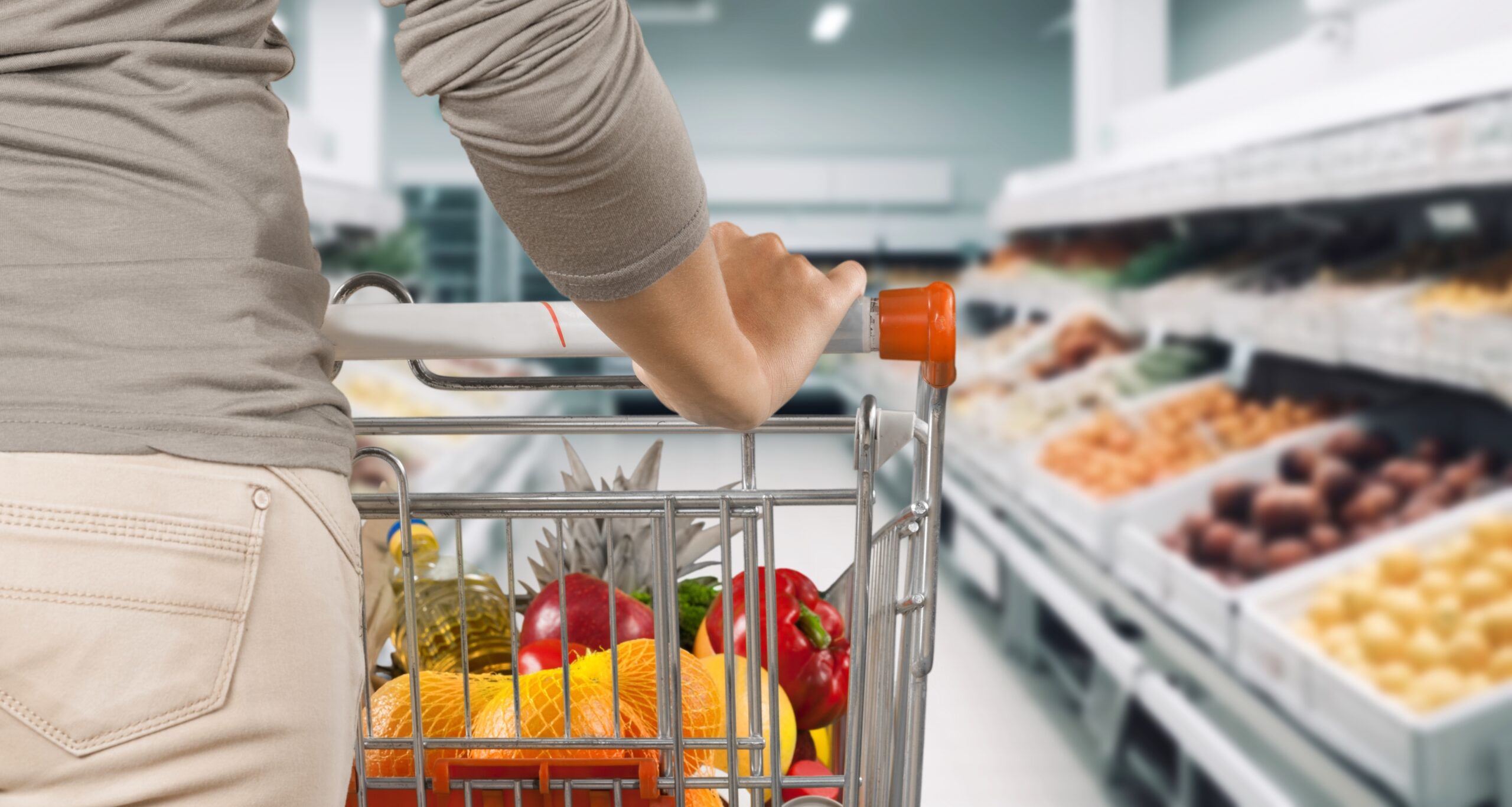
Bulk bags of spinach, berries, or avocados feel like a healthy choice—until you’re throwing half of it away. Produce has a short shelf life, and unless you’re feeding a crowd or juicing daily, chances are you won’t use it all in time. Overbuying leads to food waste and, ironically, wasted money.
Your best bet? Buy fresh produce in smaller quantities and shop more often. The cost of tossing spoiled greens week after week adds up faster than you think.
2. Condiments
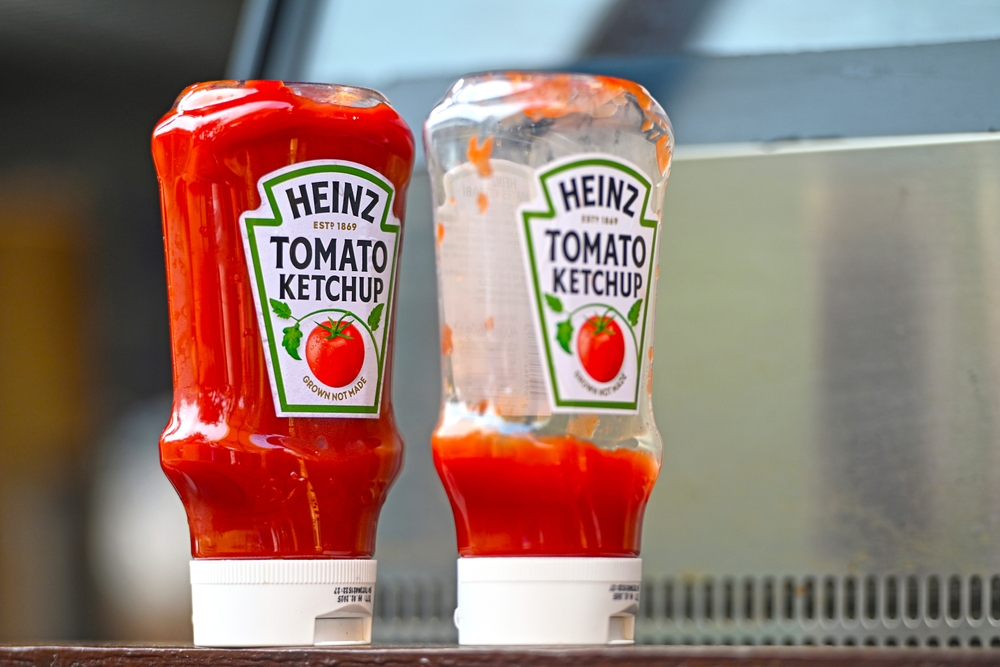
A gallon of ketchup might seem like a smart idea until it expires—or starts separating into mysterious layers in your fridge. Condiments do have expiration dates, and unless you’re running a hot dog stand, you likely won’t get through them fast enough. According to Tasting Table, the rule is to use the salty, tangy stuff within six months of opening.
Plus, large containers take up fridge real estate and often lead to overuse. Go for smaller sizes that stay fresh and are easier to store. Your tastebuds (and your sandwiches) will thank you.
3. Spices

Yes, those jumbo spice containers look tempting—and cheap. However, according to Raw Spice Bar, ground spices lose their flavor and potency over time, usually within 6–12 months. If you’re not cooking for an army, you’ll be tossing half that tub of paprika long before it runs out.
Stick to smaller spice jars that you’ll actually finish while they still pack a punch. Bulk spices are a pro move only if you cook the same dishes in large quantities frequently.
4. Cooking Oils
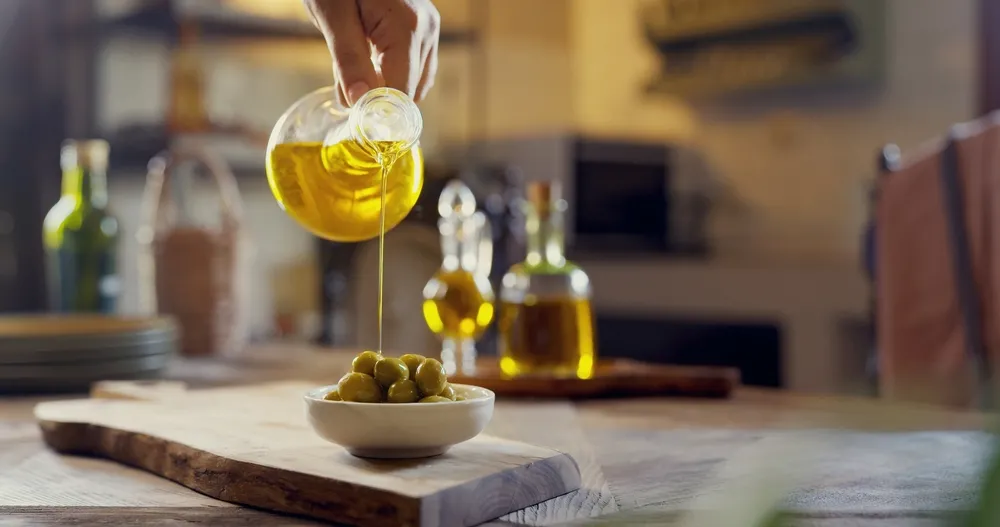
Big jugs of olive oil or vegetable oil often go rancid before you can use them up. As explained by Colorado State University, exposure to light, air, and heat can degrade oil quality, leaving you with a funky flavor and wasted dollars.
Unless you’re deep-frying every weekend, smaller bottles are the better investment. Fresh oil is essential for taste and health—don’t trade that for a few cents per ounce.
5. Bleach and Other Harsh Cleaners

Bleach has a shelf life of about 6 months once opened. After that, its effectiveness drops dramatically, meaning that giant jug under your sink might just be glorified water at this point.
Cleaning products are potent for a reason, and smaller, fresher quantities work better. Plus, storing large containers of chemicals can be risky—especially around kids or pets.
6. Whole Grains and Flours
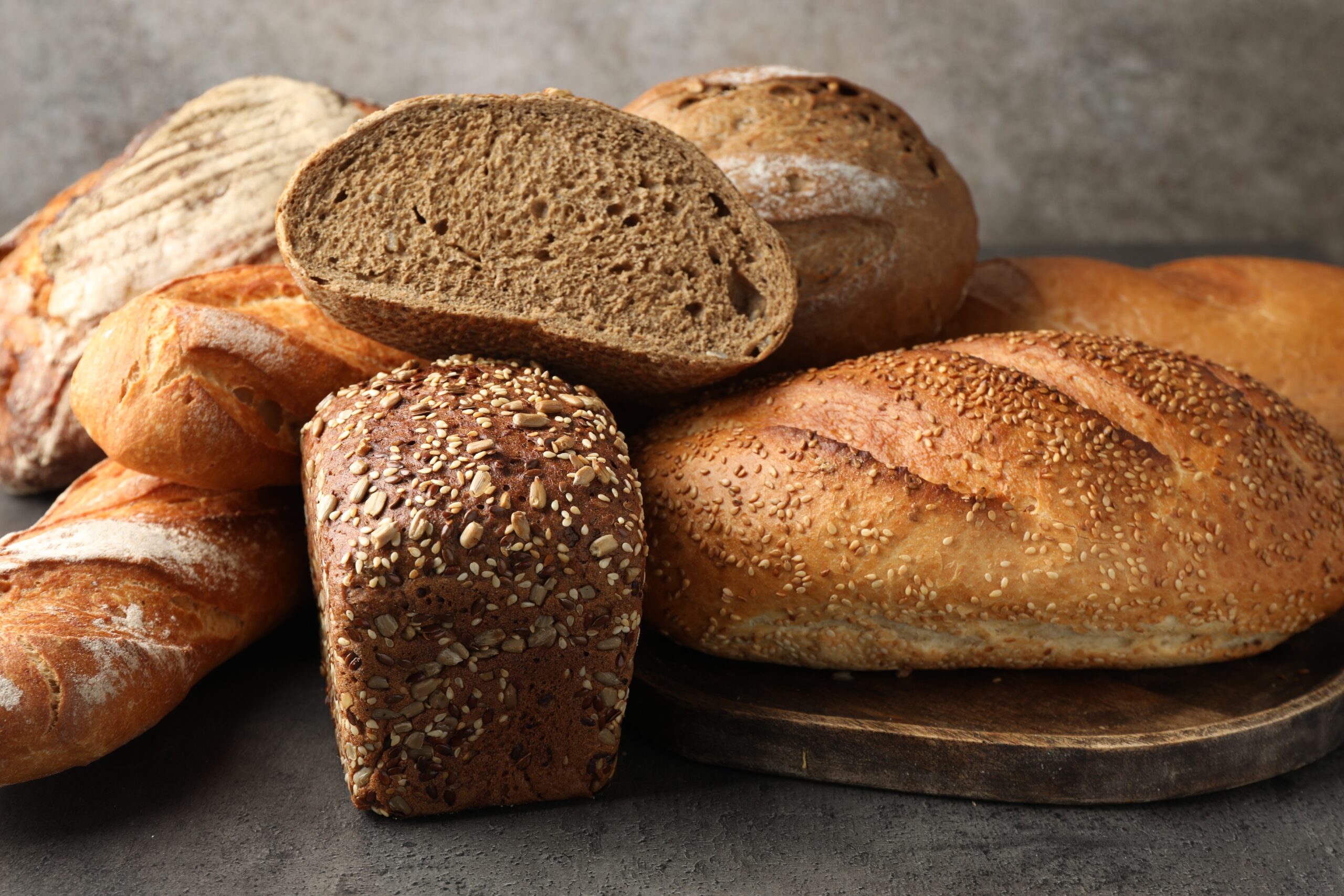
That massive bag of whole wheat flour seemed like a steal—until it turned stale, absorbed moisture, or attracted pantry pests. Grains and flours have a relatively short shelf life, especially when stored improperly or in humid climates.
Unless you’re baking on the regular, buy what you’ll use in a month or two max. Bonus tip: store smaller amounts in airtight containers for longer freshness.
7. Sunscreen

It’s tempting to stockpile sunscreen during a summer sale, but most sunscreens expire within a year or two. And expired sunscreen doesn’t just stop working—it can leave you sunburned and irritated.
Unless you’re applying it daily (and you should be), a bulk pack might outlast its effectiveness. Better to buy seasonally and check the expiration date carefully.
8. Over-the-Counter Medications

Buying painkillers, allergy meds, or antacids in bulk sounds logical—until they expire before you make a dent. Medication effectiveness declines over time, and expired pills can be unsafe or simply useless.
If you don’t go through them quickly, the bulk savings mean nothing. Stick to standard sizes unless you have a household that actually needs them regularly.
9. Trendy Snacks
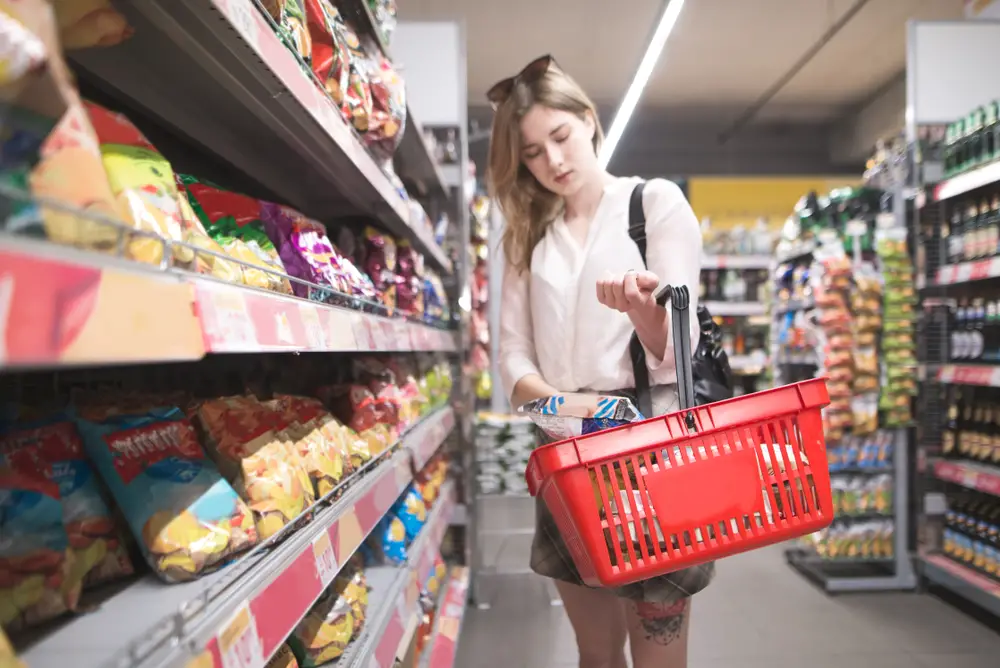
You fall in love with a protein bar or keto chip and buy a case—only to burn out after the third package. Trendy snacks have a shelf life, yes, but they also have a taste fatigue threshold. What was once exciting quickly becomes “meh.”
Buy a small amount first to see if you still like it after a week. Bulk-snacking often ends in guilt, waste, or both.
10. Paper Products You Can’t Store

Buying 40 rolls of paper towels or toilet paper seems smart—until you realize you have nowhere to put them. Paper goods are only a deal if you can actually store them in a way that keeps them dry and usable.
If your bulk buy ends up squished in a humid garage or stacked in a corner collecting dust, it’s not a win. Save space, not just cents. Buy what you can actually use and store with ease.
This article is for informational purposes only and should not be construed as financial advice. Consult a financial professional before making investment or other financial decisions. The author and publisher make no warranties of any kind.








